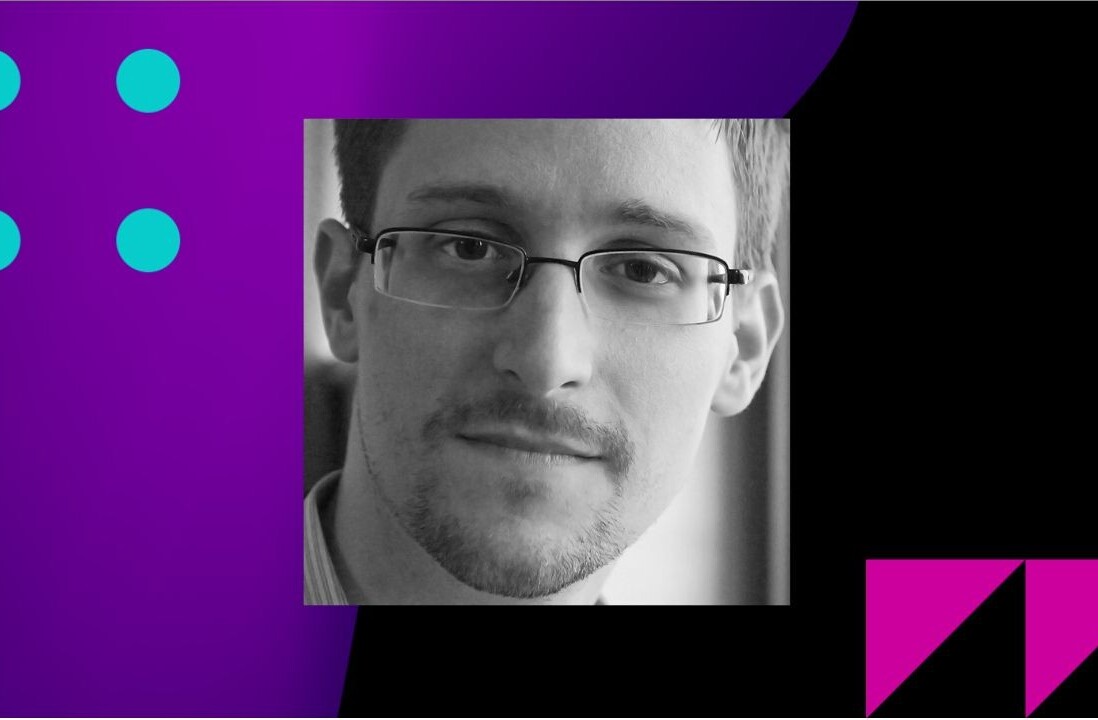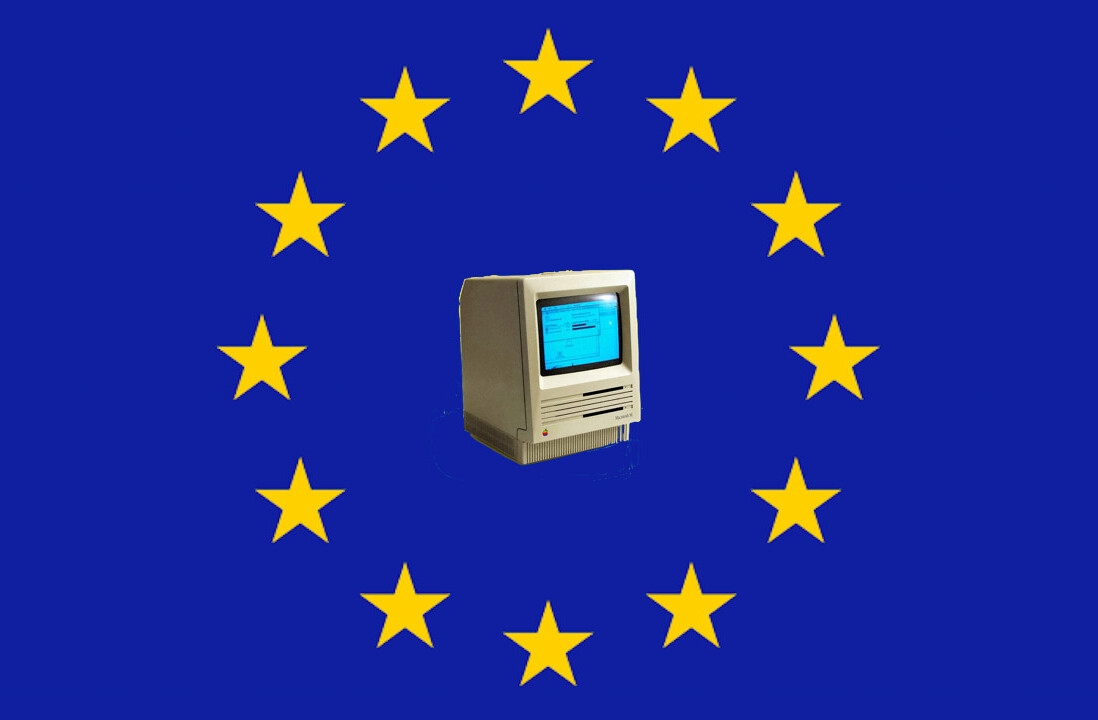
Ethereum co-founder Vitalik Buterin has warned his blockchain is “almost full,” and says its lack of scalability persists as a bottleneck that’s keeping organizations from joining the network.
In an interview with Canadian outlet The Star, Buterin also remarked that using Ethereum is already expensive, and that any entity that opts to use the network would only increase those costs.
“Scalability is a big bottleneck because the Ethereum blockchain is almost full. If you’re a bigger organization, the calculus is that if we join, it will not only be more full but we will be competing with everyone [else] for transaction space,” Buterin told The Star.
“[…] There is pressure keeping people from joining, but improvements in scalability can do a lot in improving that,” he added.
Governments have a role to play in blockchain tech. Wait, what?
Curiously, although Bitcoin’s underlying blockchain technology (which powers Ethereum) is heavily rooted in circumventing corporate and state control, Buterin posited that governments indeed have a role to play in the advancement of the industry.
Mostly, they can help regulate token sales (such as initial coin offerings). Effectively categorizing digital currencies as securities as appropriate would be another function of world governments, Buterin said.
Indeed, the US Securities and Exchange Commission has had a veritable hard-on for investigating and prosecuting cryptocurrency projects of late, especially for those entities that sell unregistered securities in the form of blockchain-based digital tokens.
Buterin says corporations are still warming to public blockchains
Buterin cited seminal software giant Microsoft as one major corporation that’s becoming more comfortable with working with public blockchains, as opposed to “half-decentralized” private blockchain networks.
“I go and talk to companies and governments quite a bit and institutions are increasingly warming up to public chains. Microsoft would be an example,” said Buterin. “In some cases, banks. I’m not aware of Canadian banks that are doing active applications on blockchains. I know that historically [Royal Bank of Canada] has had some interest.”
Again, this checks out. Last year, Microsoft announced an initiative to develop a system for managing digital identities that utilizes “layer two” protocols that run atop public blockchains.
At the time, Microsoft warned that current solutions like Bitcoin, Litecoin, and Buterin’s Ethereum still lag behind established centralized alternatives in terms of speed, convenience, and network stability.
Microsoft also recently released specialized auditing tools for Ethereum smart contracts, as well as a Visual Studio development kit for Ethereum decentralized apps.
The problem is that every computer has to verify every transaction
Currently, Ethereum is powered by a consensus method that utilizes Proof-of-Work (much like Bitcoin) – but that’s expected to change.
Ethereum’s core development community has opted to transition the network to a Proof-of-Stake style system. It’s going to take some time, and the plan has attracted significant criticism.
“The problem with the current blockchain is this idea that every computer has to verify every transaction,” said Buterin. “If we can move to networks where every computer on average verifies only a small portion of transactions then it can be done better.”
Buterin did concede the proposed transition to Proof-of-Stake would lose an element of security afforded by Proof-of-Work, but that sacrifice would be “fairly modest.”
The full interview contains plenty more insights, so you should go check it out.
Get the TNW newsletter
Get the most important tech news in your inbox each week.





